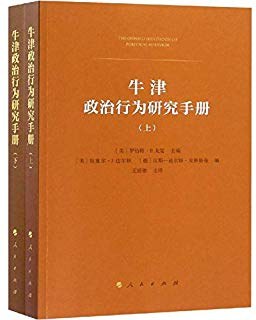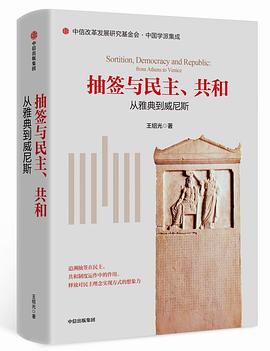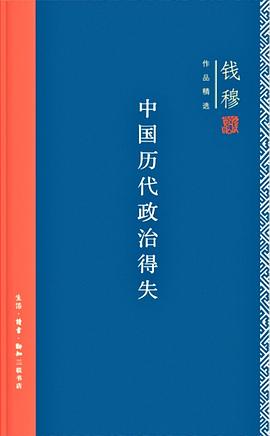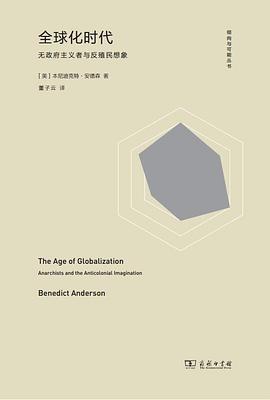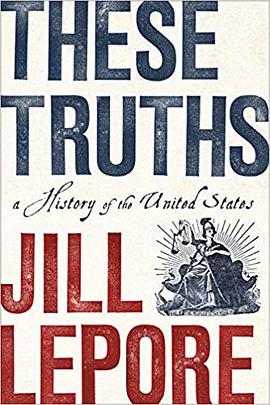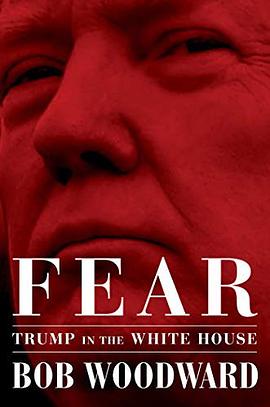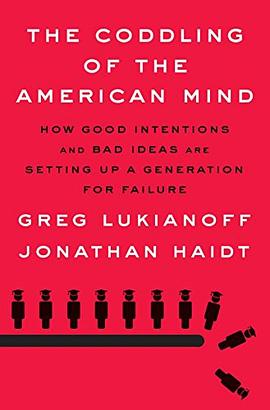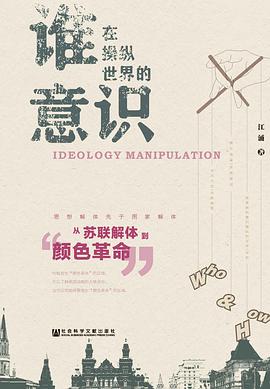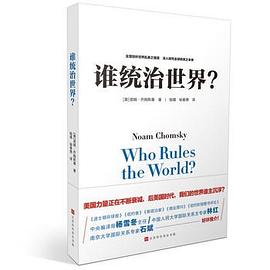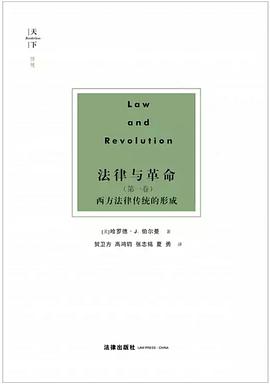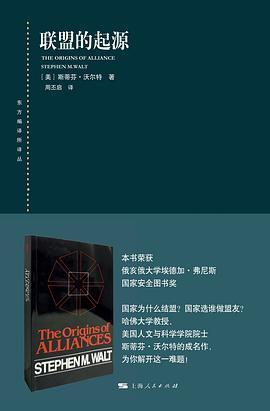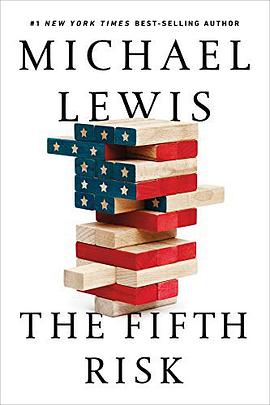

具体描述
What are the consequences if the people given control over our government have no idea how it works?
"The election happened," remembers Elizabeth Sherwood-Randall, then deputy secretary of the Department of Energy. "And then there was radio silence." Across all departments, similar stories were playing out: Trump appointees were few and far between; those that did show up were shockingly uninformed about the functions of their new workplace. Some even threw away the briefing books that had been prepared for them.
Michael Lewis’s brilliant narrative takes us into the engine rooms of a government under attack by its own leaders. In Agriculture the funding of vital programs like food stamps and school lunches is being slashed. The Commerce Department may not have enough staff to conduct the 2020 Census properly. Over at Energy, where international nuclear risk is managed, it’s not clear there will be enough inspectors to track and locate black market uranium before terrorists do.
Willful ignorance plays a role in these looming disasters. If your ambition is to maximize short-term gains without regard to the long-term cost, you are better off not knowing those costs. If you want to preserve your personal immunity to the hard problems, it’s better never to really understand those problems. There is upside to ignorance, and downside to knowledge. Knowledge makes life messier. It makes it a bit more difficult for a person who wishes to shrink the world to a worldview.
If there are dangerous fools in this book, there are also heroes, unsung, of course. They are the linchpins of the system―those public servants whose knowledge, dedication, and proactivity keep the machinery running. Michael Lewis finds them, and he asks them what keeps them up at night.
用户评价
##作者例证了现代政府诸多关键职能都要求相当的科学专业素养,不仅是为了破除新自由主义鼓吹的小政府主义迷思,唤起民众对政府工作的关注,更是为了向世人发出警告,当利益团体打着意识形态的旗号绑架政府,罔顾科学而谋取私利时,将对民主社会带来怎样严重而长久的危害。本书成书于川普赢得竞选之际,作者只能对政府交接时新政权的混乱和短视忧心忡忡,当然还不知道即将到来的疫情黑天鹅,这就不禁让人好奇他现今看到美帝新冠死亡人数接近1M会作何感想。结果一搜发现人家果然又写了一本《The Premonition: A Pandemic Story》专门聊这事。
评分##有点意思
评分##可读性很强
评分有点敷衍。去年Michael Lewis在名利场上写过两篇文章Why the Scariest Nuclear Threat May Be Coming from Inside the White House & Inside Trump's Cruel Campaign Against the U.S.D.A.'s Scientists,这两篇关于能源部和农业部的文章覆盖了本书2/3的内容。
评分##感觉,写跟金融不相关的的有点看不下去…当然题材还是不错的,我们不知道的风险才是最致命的,
评分##美国政治角力的本质,往往不是驴象之争,而是逐利和逐梦者之争。作者写到农业部的时候开始陷入了一种固定范式:高效部门被架空、优秀团队被罢黜、有益项目被取缔,Trump与Obama和Bush政权相比有诸多不妥。但是循规蹈矩其实未必稳妥,异于前任未必倒退,我反而觉得Trump团队最大的过错在于表象沟通时的傲慢和冷漠。一切问题都会透过沟通暴露,沟通不当,一切便都是问题。读完全书,最精华的论点在DOE一章最后,守序的邪恶与无知是第五类风险的本源,要比大众视野下的混乱善意可怕的多:牺牲长期利益,而试图通过program management填补短期的漏洞,这才是一个政治体制倒退的深层原因。
评分##简明扼要的从democratic establishment的角度阐述了三个问题:管核武器靠科学,美国农村要遭殃因为淳朴的USDA都不喜欢Trump people,飓风路线很随机预测天气还得靠卫星但是大数据还是nb
评分##有点散的流水账,中心思想不过是it's the risks that we fail to imagine that get us killed,扯上特朗普岂不是格局小了?
评分##语音书到手,骂川普的,也就这本值得一读。虽然有流水账之嫌,不过,作者呈现的黯淡现实真让理想主义者寒心。嫌内容少的读者有些吹毛求疵,川普去年初就职,作者在一年多时间完成采访撰写,写了三个主要部门的问题,已经很不易了。为叙述风格加一星,显然为了中期选举匆忙完成的。表面上反对川普,实际批判这种造就川普的政治环境和那些无视或无知于政府职能的选民们。即使共和党失去多数地位,风险长期存在,美国的政治气氛和意识形态才是问题症结所在,川普只是开始。
相关图书
本站所有内容均为互联网搜索引擎提供的公开搜索信息,本站不存储任何数据与内容,任何内容与数据均与本站无关,如有需要请联系相关搜索引擎包括但不限于百度,google,bing,sogou 等
© 2026 book.teaonline.club All Rights Reserved. 图书大百科 版权所有

